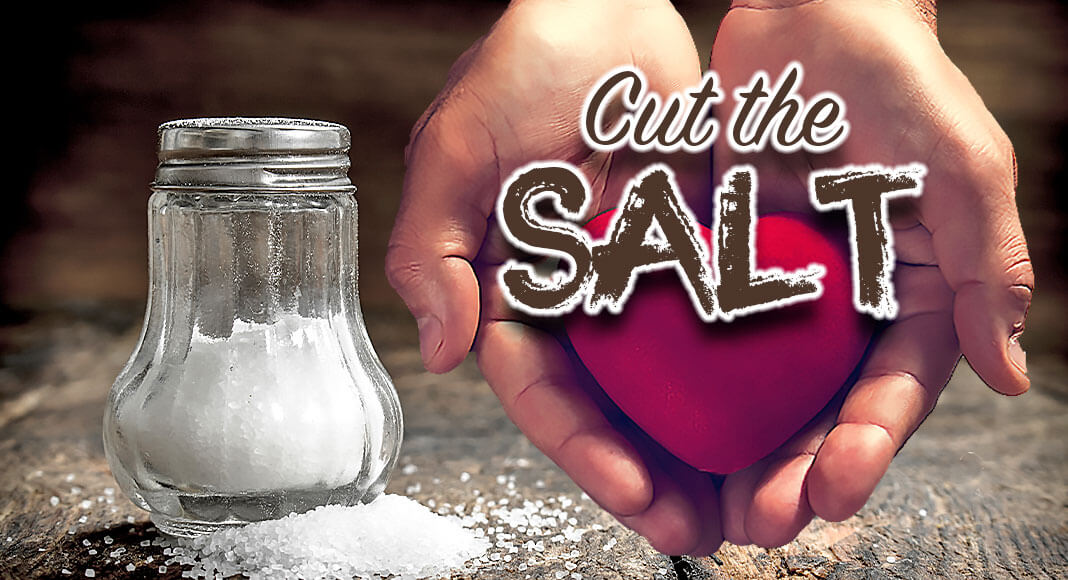
Mega Doctor News
MAYO CLINIC – The Food and Drug Administration outlined new, voluntary guidelines to lower sodium levels in food. But those with high blood pressure or who are at risk for heart disease may want to consider simply saying no to sodium.
The FDA recommendations, rolling out gradually over the next 2½ years, would steer daily sodium intake from 3,400 to 3,000 milligrams ― still higher than the 2,300 milligrams recommended by health experts. Dr. Amy Pollak, a Mayo Clinic cardiologist, says a majority of salt intake in U.S. diets comes from processed or prepared foods.
Sprinkling salt can add flavor to food, but too much can raise our blood pressure too high.
“Having high blood pressure is a major risk for heart attack, for stroke, for heart failure ― even for things like dementia,” says Dr. Pollak.
Curbing salt use at the dinner table or when going out to eat can reduce blood pressure by up to 10 points.
“If you go out to eat and someone is preparing your food, just ask them, ‘Hey, don’t add any salt to my food, please,'” says Dr. Pollak.
When it comes to cooking at home, try adding more herbs, spices or sodium-free flavorings to replace salt.
“It takes a while to reset your taste buds to get used to that lower-salt diet, but you can really make up for any flavor deficits by using more spices or more herbs,” says Dr. Pollak.
Maintaining a healthy weight or losing weight can lower your blood pressure.
“Certainly, some people can have a more dramatic effect on blood pressure with weight loss, but where you can see the most bang for your buck is really in the low-salt diet,” says Dr. Pollak.







